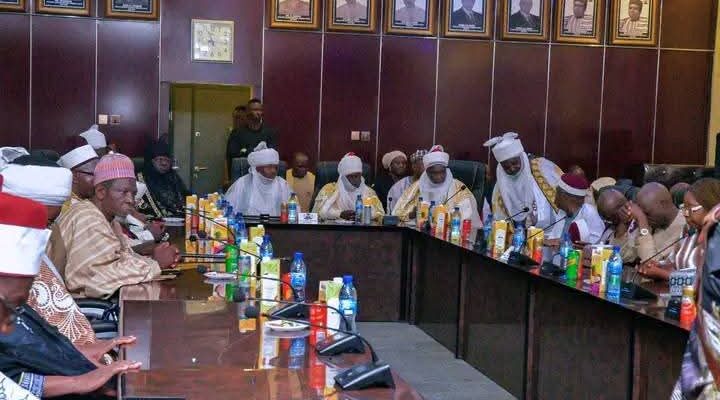PROPHET TUDI HIKO ATOMRIMAM ISSUES STERN WARNING TO TARABA TRADITIONAL LEADERS OVER UKWE TAKUM STOOL INJUSTICE
Jalingo, Taraba State – August 29, 2025
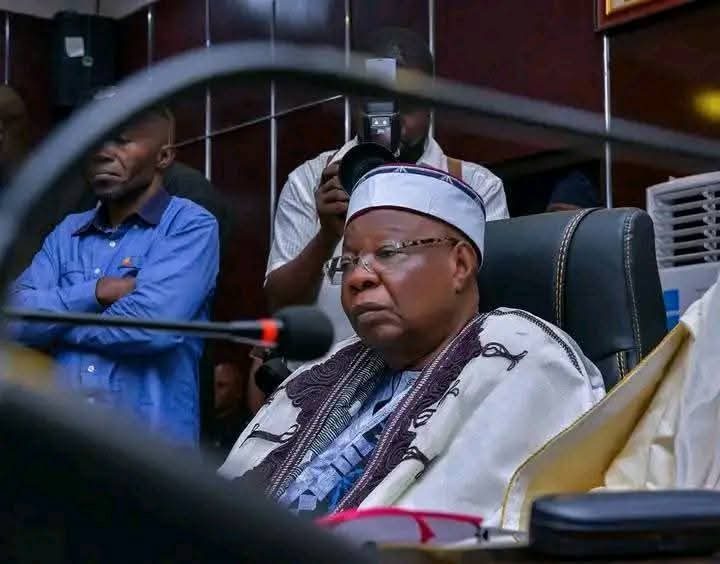
Aku Uka
In a bold public declaration, Prophet Tudi Hiko ATOMRIMAM, a prominent spiritual leader and founder of the Holyghost for All Nations Global Ministry, has delivered a scathing message to traditional rulers across Taraba State, accusing them of complicity in injustice, particularly surrounding the contentious Ukwe Takum chieftaincy stool. The prophet claims the message was divinely revealed to him on April 19, 2025, and instructed to share it publicly today, emphasising themes of repentance, justice, and accountability.
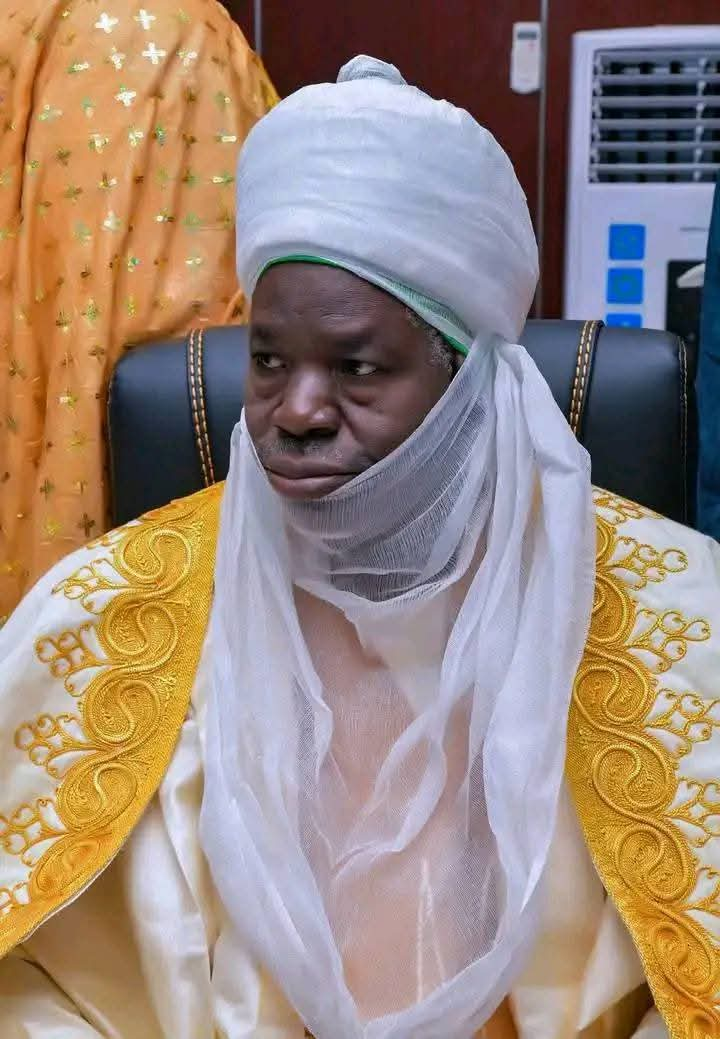
Emir of Muri
The Ukwe Takum stool, traditionally held by the Kuteb ethnic group in Takum Local Government Area, has been at the centre of a protracted dispute involving ethnic claims, political interference, and legal battles. The conflict escalated in recent years when the Taraba State government, under Governor Agbu Kefas, passed legislation to rotate the chieftaincy among three ethnic groups—Kuteb, Jukun, and Chamba—overturning the long-standing exclusivity claimed by the Kuteb people.
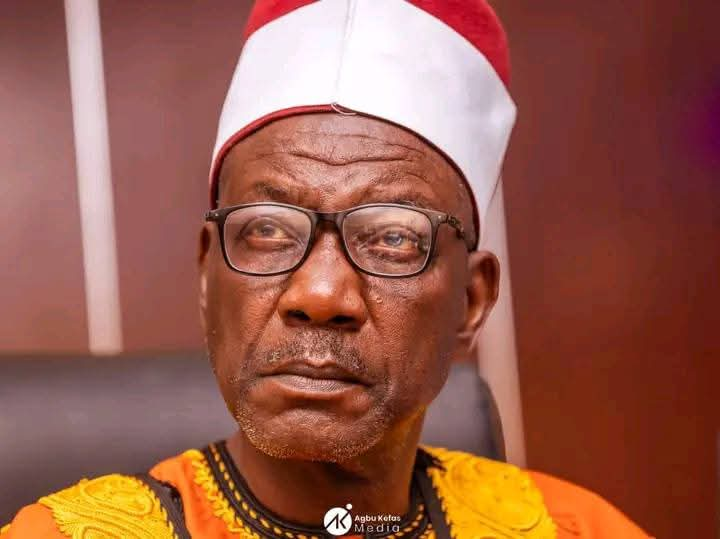
Gara Donga
This move led to the controversial installation of Barrister Sopiya Ahmadu Gboshi as the first-class Chief of Takum in January 2024, a decision widely criticised by Kuteb leaders as unlawful and politically motivated.
The matter has since seen multiple court rulings, including a March 2025 Appeal Court decision remitting the case back to the Taraba State High Court for further hearing. Influential figures like retired General Theophilus Yakubu (T.Y.) Danjuma, a native of the town, have been accused of exerting undue influence in the process, further fueling tensions.
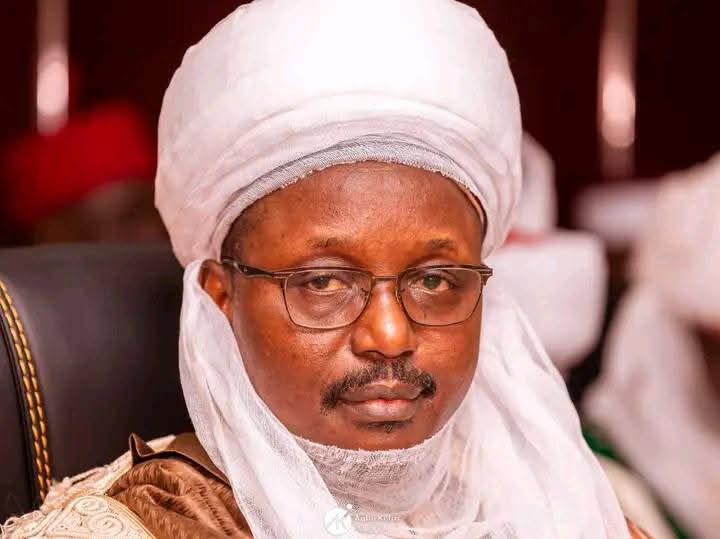
Lamdo Gashaka
In his message, shared via social media and addressed directly to key figures such as the Aku Uka of Wukari (Chairman of the Taraba State Council of Chiefs), the Emir of Muri (Vice Chairman), and other emirs, kings, and chiefs, Prophet ATOMRIMAM lambasted the leaders for their silence and alleged support of what he described as “injustice and unrighteousness.” He specifically highlighted their failure to intervene in the Takum stool saga, claiming that the governor and General Danjuma “forcefully and unjustly took what belongs to the Kuteb people,” with some rulers even attending the disputed coronation.
“God is angry with you,” the prophet warned the Aku Uka, accusing him of failing to defend truth and unity among tribes. Similar rebukes were directed at the Emir of Muri for unspecified “evil” actions, urging immediate repentance to avert divine wrath. Extending his call to all traditional title holders, ATOMRIMAM referenced biblical passages like 2 Chronicles 7:14 (not 23, as possibly misstated in the original message) and Daniel 2:20-21, emphasising that God can enthrone or dethrone kings. He criticised the leaders for partiality, land grabs, favouritism toward the wealthy, and compromising principles for material gains like money, power, and vehicles provided by the governor.
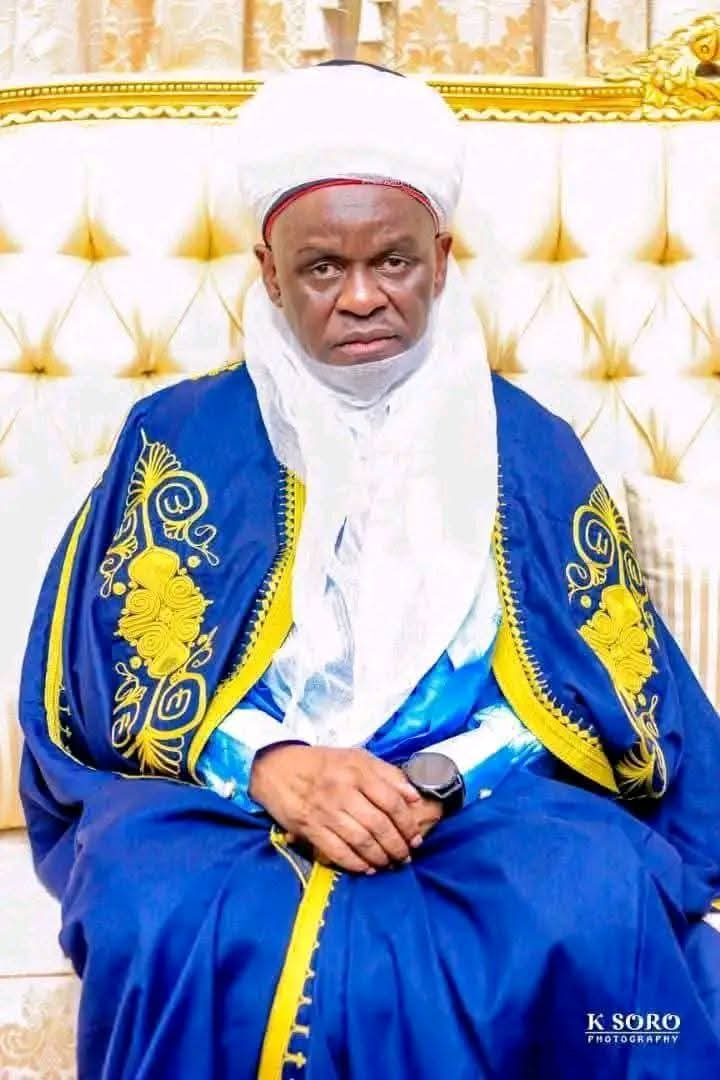
The prophet also questioned the rulers’ reluctance to advise Governor Kefas on pressing issues such as poor infrastructure, unemployment, and insecurity, attributing it to fear of losing perks. He decried instances of perceived disrespect, such as the Aku Uka being expected to welcome General Danjuma at the airport, calling it an “abomination” that abuses traditional authority.
Prophet ATOMRIMAM, who has been in active ministry for over two decades and is known for his prophetic teachings and worship sessions in Wukari and beyond, positioned himself as both a spiritual father and a subject to the rulers. “If I fear you and keep quiet, God will judge me,” he stated, concluding with prayers for their longevity, health, and renewed fear of God. He signed off by affirming that he had delivered the divine message and “washed his hands” of any further responsibility.
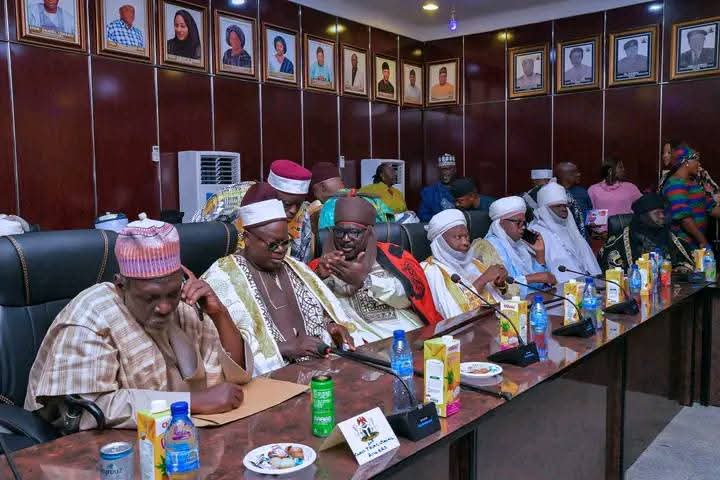
Reactions to the prophet’s statement have been mixed, with some online discussions on platforms like Facebook and WhatsApp groups echoing ongoing frustrations over the Takum dispute
Kuteb advocates continue to argue that the stool is their cultural heritage, while state officials maintain that the rotation promotes equity among ethnic groups.
As of press time, neither the Taraba State Council of Chiefs nor Governor Kefas’ office has responded to the allegations.
This development adds another layer to the simmering ethnic and political tensions in Taraba, where chieftaincy disputes have historically led to violence and displacement. Observers note that the prophet’s intervention could spark renewed dialogue or further polarisation in the town.

